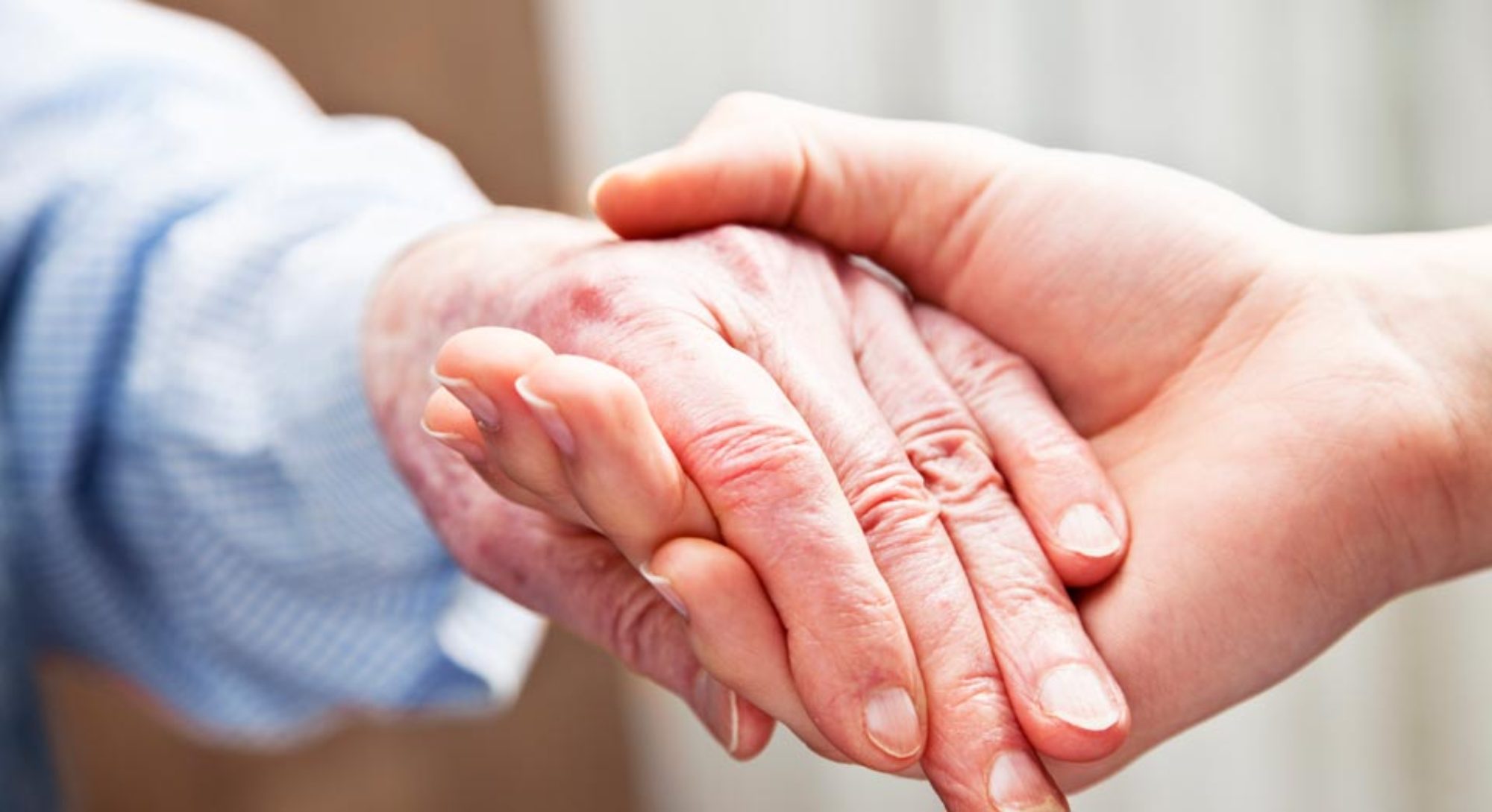The 2010 Census records shows a significant increase in population of citizens 65 years and older. There were 40.3 million people making up roughly 13% of the population. By 2050 this number is expected to increase to 20% of the population. Those citizen 85 and older are the fastest growing segment. It is not coincidence that these citizens are usually in the most need of extra assistance with functional activities such as walking, cooking, cleaning, bathing and dressing. There is a rise in the number of people experiencing age related dementia. The National Institutes of Health estimate that approximately half of those aged 85 and older had some form of dementia.

Caregivers are increasingly becoming burned out by the overwhelming number of challenges they have to face in caring for aging loved ones. You may know of some! Some are caring for their own children and trying to maintain relevance in their careers while caring for their loved ones.
With all of these challenges, it is easy to become overwhelmed and turn to outside assistance to fill the gap when they are unavailable or even end up placing family members in long-term care facilities or assisted living facilities. This creates a new set of challenges.
We all want the best for our loved ones even if we have no idea where to stop. When we begin relying on others, the quality of these new caregiving partnerships and the knowledge the new caregiver becomes increasingly vital. Year after year, hundreds, if not thousands of seniors are financially exploited, mentally mistreated, and physically abused.
Recently, I was reading a news article about a 27 year old man found partially clothed in a 76 year old resident’s bed at a facility in Cedar Hill, Tx. This resident reportedly has dementia. In another article, Four Ohio women were sentenced on May 4, 2015 in connection with thefts from residents at North Hills, Ohio nursing home.
The challenges these individuals face will only increase as opportunists identify moments to abuse and exploit our elders. Currently, in all 50 states laws have been passed to discourage and hopefully prevent elder abuse. Laws vary from state to state and may address seven definitions of elder abuse: physical, sexual, neglect, exploitations, emotion, abandonment, and self-neglect. Concerned citizens and caregivers, should familiarize themselves with their state’s law, and become empowered to act.
We must also be able to recognize warning signs of elder abuse. Here, I present three indicator of elder abuse. Now what is presented below does confirm the presence of abuse, these three indicators do provide red flags to investigate further.
- Physical indicators-These consist of physical markings, bruises, tender points when touching or hugging, dehydration or malnourishment, inadequate care of decubitus ulcers or wounds, constant smells that never seem to dissipate.
- Behavior indicators- These consist of overt and covert actions by the person receiving care. These can include fear, withdrawal, anger, sadness, heightened startle responses, not wanting to discuss a particular caregiver and even constant defense of the caregiver.
- Caregiver/Family Indicators- I personally have witnessed a few of these indicator with a few past clients. These are very covert and some are skilled at it! These indicators include being the unofficial “spokesperson” for the person at inappropriate times especially when they are able to speak for themselves, attempts to criticize and get rid of other care giving staff in an effort to get more hours, insisting on “live-in” arrangements, aggressive behavior, flirtatious advances, constantly blaming the older person, constantly discussing their personal challenges in hope for sympathy, receiving surprising financial bailouts with no change in circumstances.
To report suspected financial exploitation or other kinds of abuse to the elderly or adults with a disability, call your local department of social services or the Virginia Department of Social Services’ 24-hour, toll-free APS hotline at: (888) 832-3858.


